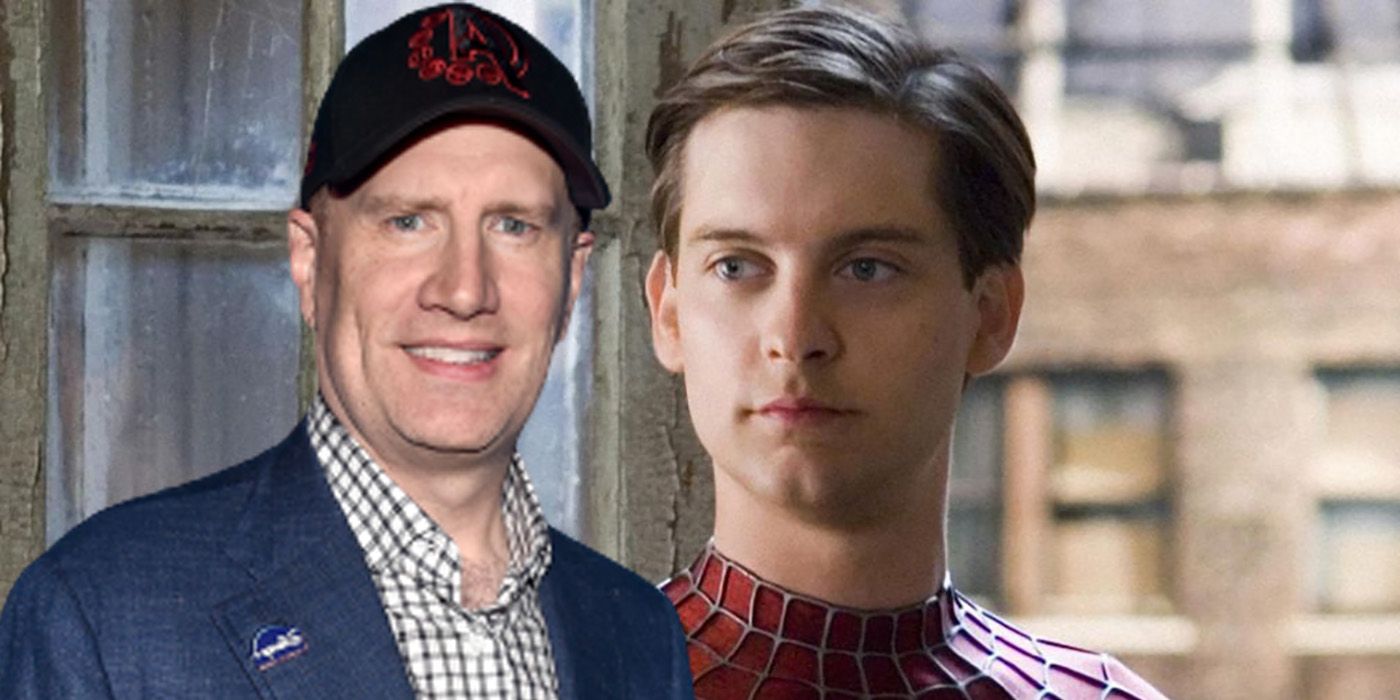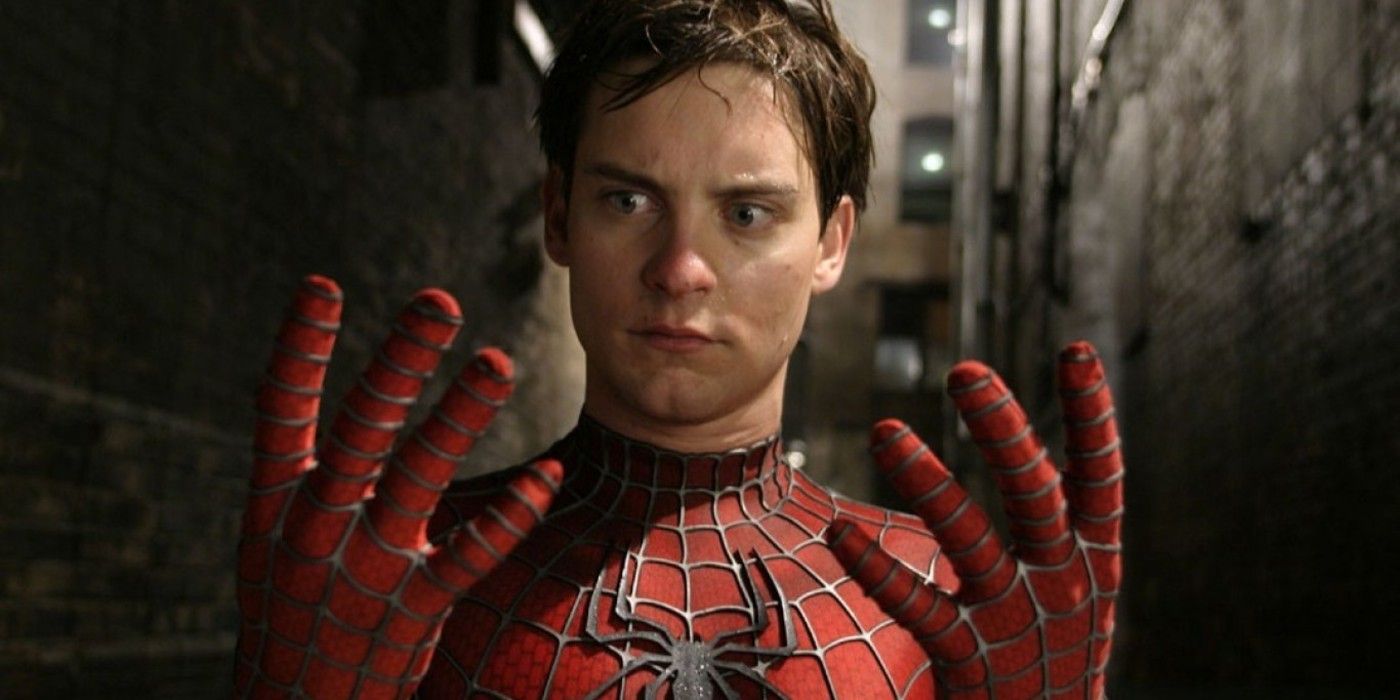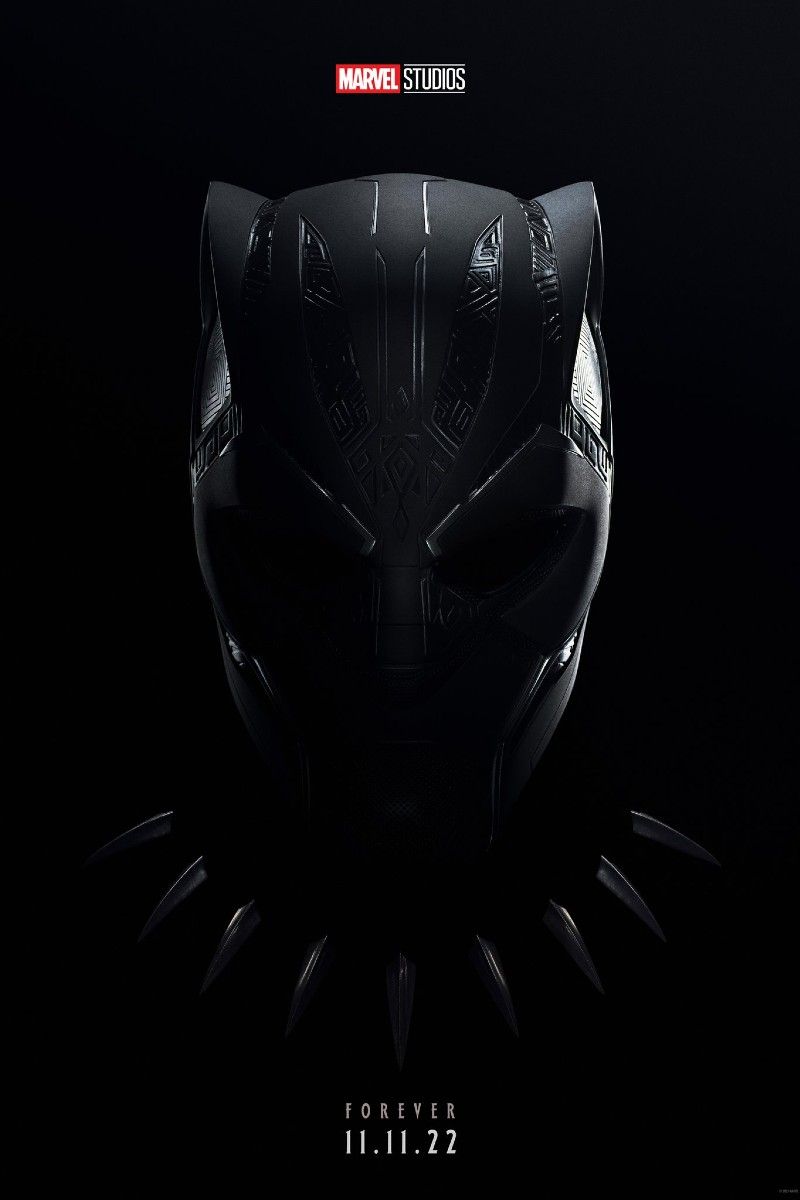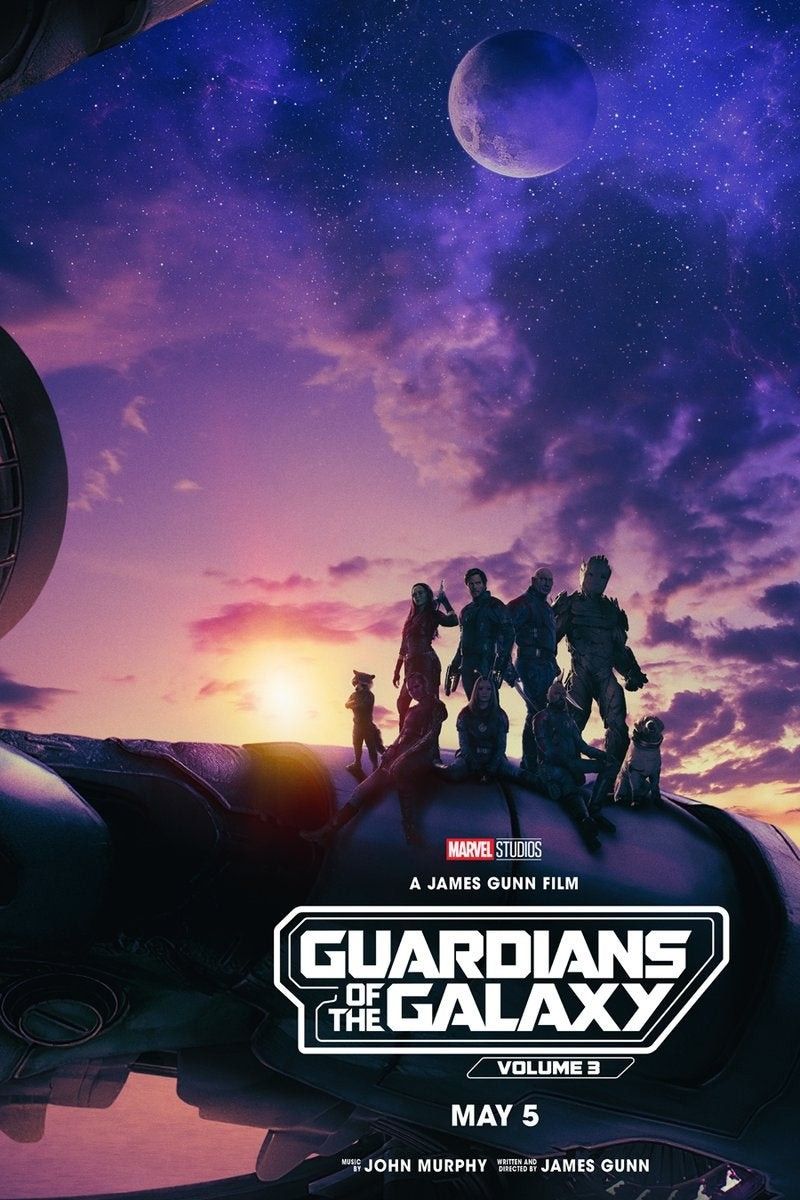Marvel Studios head Kevin Feige opens up about the lessons he learned from Sam Raimi during the production of his Spider-Man trilogy. The webslinging franchise first got underway in 2002 with Tobey Maguire starring as Peter Parker as he is bitten by a radioactive spider and gains the abilities of the eight-legged insect. The first film would pit Maguire's Spider-Man against Willem Dafoe's Norman Osbourne, aka the Green Goblin, while the 2004 sequel introduced Alfred Molina's Doctor Octopus and the 2007 threequel featured James Franco's Harry Osbourne becoming the New Goblin, Thomas Haden Church's Sandman and Topher Grace's Eddie Brock, who becomes Venom.
Feige's career at Marvel began a few years prior in 2000, when he was brought on as a producer to the still-fresh studio and made his debut as an associate producer for the first installment in Fox's X-Men franchise. Impressed by his knowledge of the Marvel universe and the success of the film, then-studio head Avi Arad promoted Feige to second-in-command at Marvel Studios, eventually moving up to CEO and ultimately President of Production as the Marvel Cinematic Universe kicked off with Iron Man and now Chief Creative Officer of Marvel Entertainment. Feige is also gearing up to expand his footprint to another Disney franchise with a Star Wars film, which he is developing with Loki creator Michael Waldron set to write.
In anticipation of the release of the next MCU film, Shang-Chi and the Legend of the Ten Rings, Feige caught up with CinemaBlend. While reflecting on the forthcoming Spider-Man: No Way Home bringing back villains from Raimi's films, Feige discussed the lessons he learned during production of the original trilogy and called Raimi's return for Doctor Strange in the Multiverse of Madness "a full circle dream come true." See what Feige said below:
"You know, it doesn't feel that different to me. I know the landscape is different, but being on the inside of it, I was there mainly watching and learning on those early Sam Raimi Spider-Man movies. And I watched and learned from a group of people that were trying to exceed expectations, and trying to fulfill their own childhood dreams and the childhood dreams of fans of the characters. And that's what we've done on every single film and TV series since then. So in that regard, it's exactly the same."
While the Wesley Snipes-led Blade films and the X-Men franchise are generally credited with reviving interest in the superhero film genre, Raimi's Spider-Man trilogy has been cited by many as helping redefine the genre at the time. Centering the story at the origin of its central character, a starting point that had largely been eschewed since Richard Donner's Superman: The Movie, the film allowed audiences to connect to the human behind the hero before diving into the superhero action most had come to expect. Raimi and his creative team not only succeeded in the former effort but equally so to create action set pieces many fans still hail as some of the best in the genre.
Though the recent quality of solo efforts has been called into question by some MCU fans, it's hard to deny the work Feige and his roster of filmmakers put into each film to thrill fans of the comics and characters as much as general moviegoers. Learning that much of that feeling goes back to Raimi's work on the Spider-Man trilogy should come as no surprise to some but a happy addendum to fans of the film to hear their lasting influence on the genre. It should also create a higher level of anticipation for Raimi's return to the Marvel fold for next year's Doctor Strange in the Multiverse of Madness.
Source: CinemaBlend









